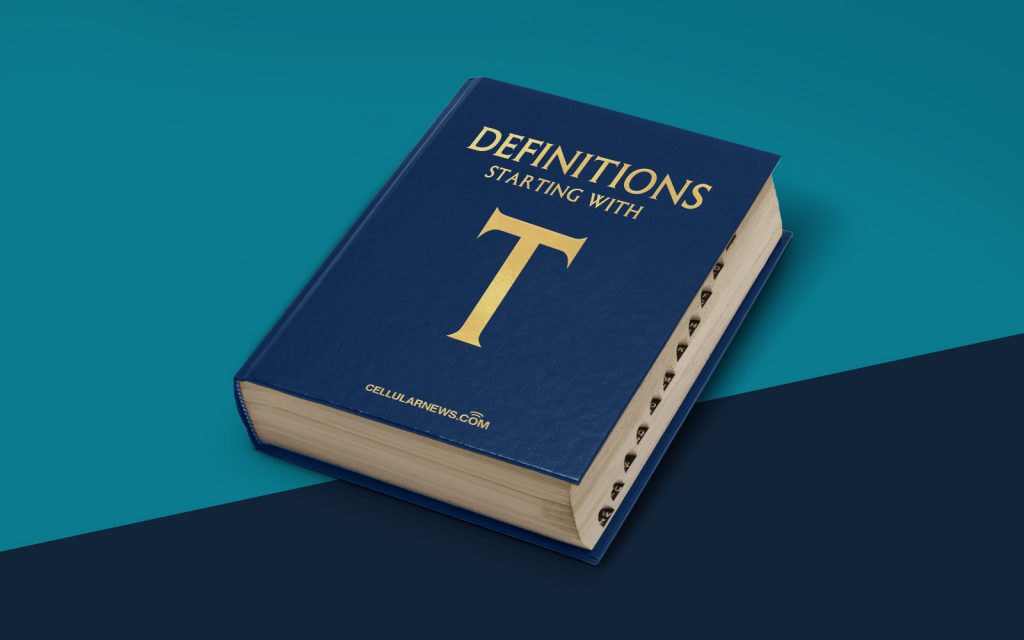
What is a Temporal Database?
Welcome to our “DEFINITIONS” blog series, where we dive into various technical terms and concepts to help you better understand the fascinating world of technology and databases. In this post, we will explore the concept of a temporal database.
The Essence of Time in Databases
When it comes to databases, time plays a crucial role. Traditional databases mainly focus on storing and managing the current state of data. However, in certain cases, we might need to track changes in data over time. This is where a temporal database comes into play.
Temporal databases are specifically designed to store, manage and query time-varying data, providing a comprehensive historical perspective. They capture not only the current state of data but also the changes that occur over time.
Key Takeaways:
- Temporal databases are designed to store and manage time-varying data.
- They provide a historical perspective by capturing changes in data over time.
The Power of Temporal Databases
Temporal databases offer numerous advantages and open up new possibilities in various fields, including finance, healthcare, logistics, and more. Let’s explore some key features and benefits:
- Time Travel Abilities: With temporal databases, you can seamlessly navigate through time and retrieve data as it appeared at any given point in the past. This enables you to analyze historical trends, perform trend analysis, identify patterns, and gain valuable insights.
- Temporal Queries: Temporal databases introduce temporal query languages that support querying data based on time. These queries allow you to retrieve specific versions of data that were valid during a particular time range, enabling precise analysis and reporting.
- Audit and Compliance: For industries that require data auditing and compliance, temporal databases offer a reliable solution. They can store detailed historical records, ensuring transparency, traceability, and compliance with regulatory requirements.
- Temporal Constraints: Temporal databases allow you to define temporal constraints, such as validity periods for data. These constraints enhance data integrity and accuracy, ensuring that data is valid only within the specified time intervals.
By leveraging the power of temporal databases, organizations can gain deeper insights into their data, make informed decisions, and improve overall data management processes.
Conclusion
In conclusion, a temporal database is a specialized type of database that focuses on managing time-varying data by capturing changes and providing a historical perspective. With its time travel abilities, support for temporal queries, and other features, a temporal database empowers organizations to work with data in a more comprehensive and insightful way.
At [Your Company Name], we have extensive experience in working with temporal databases and can help you harness their benefits for your business. Contact us today to learn more!
